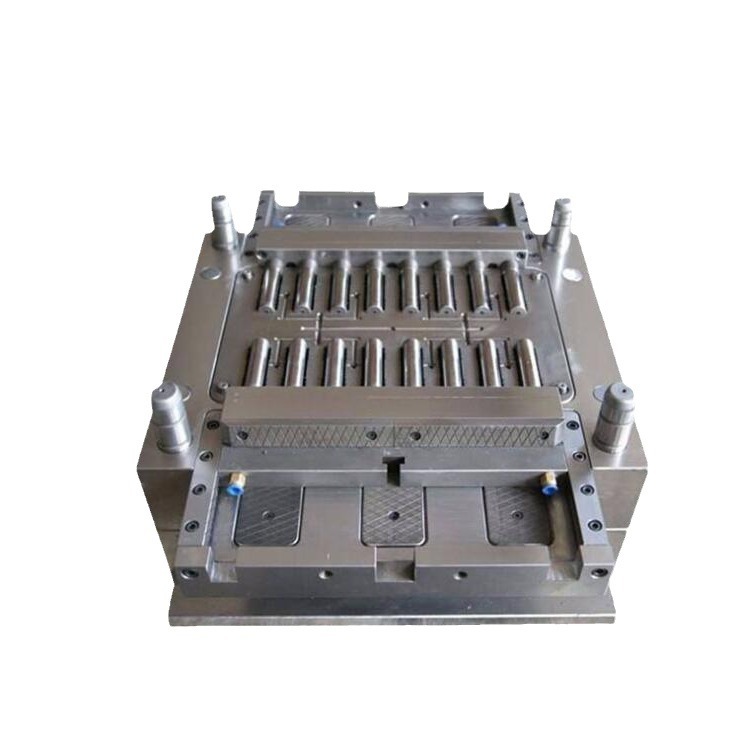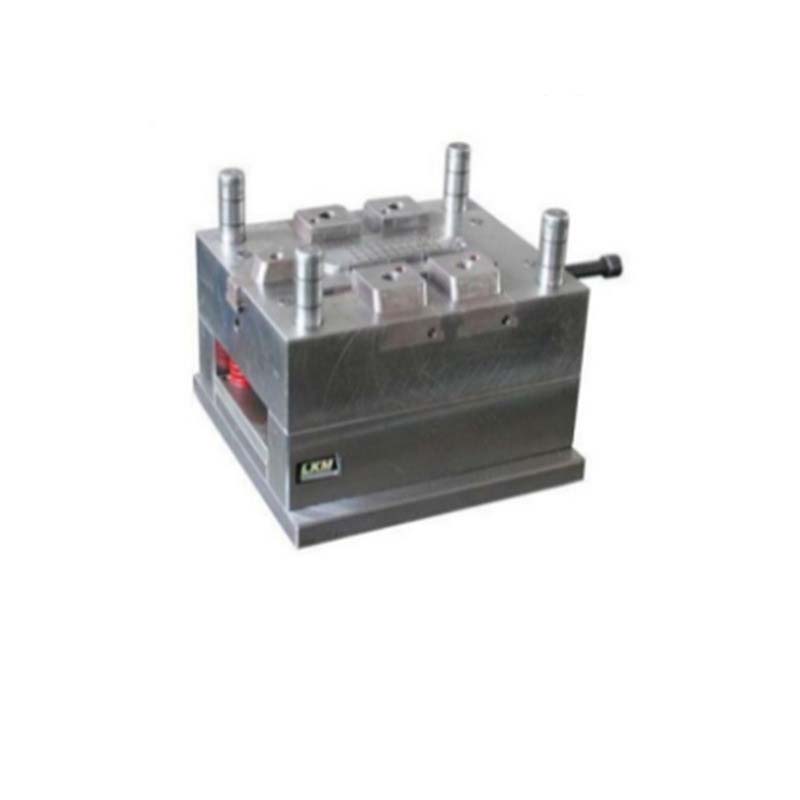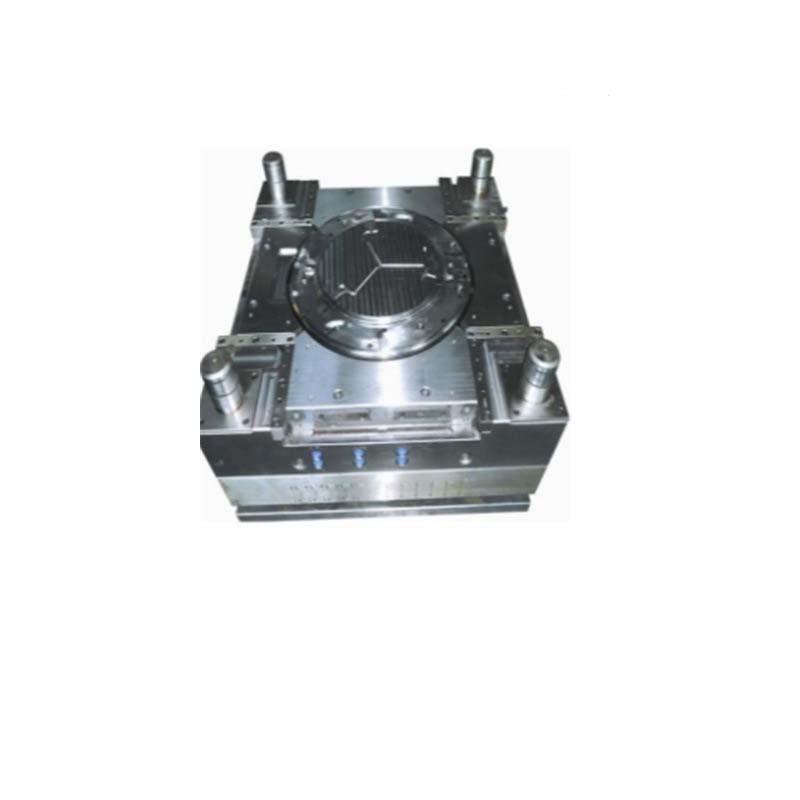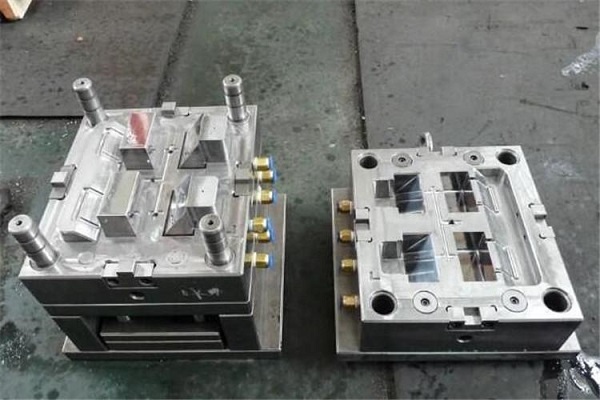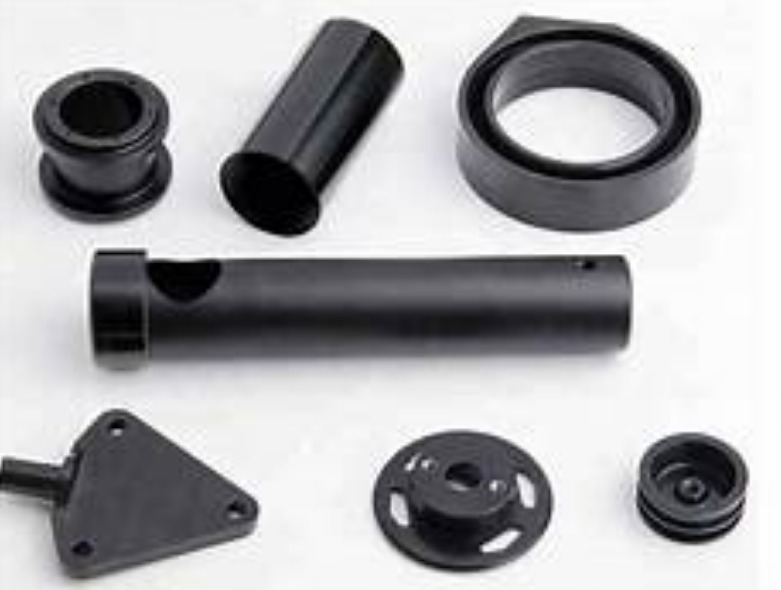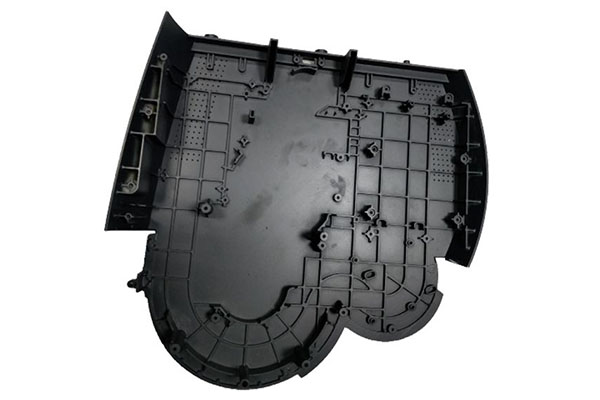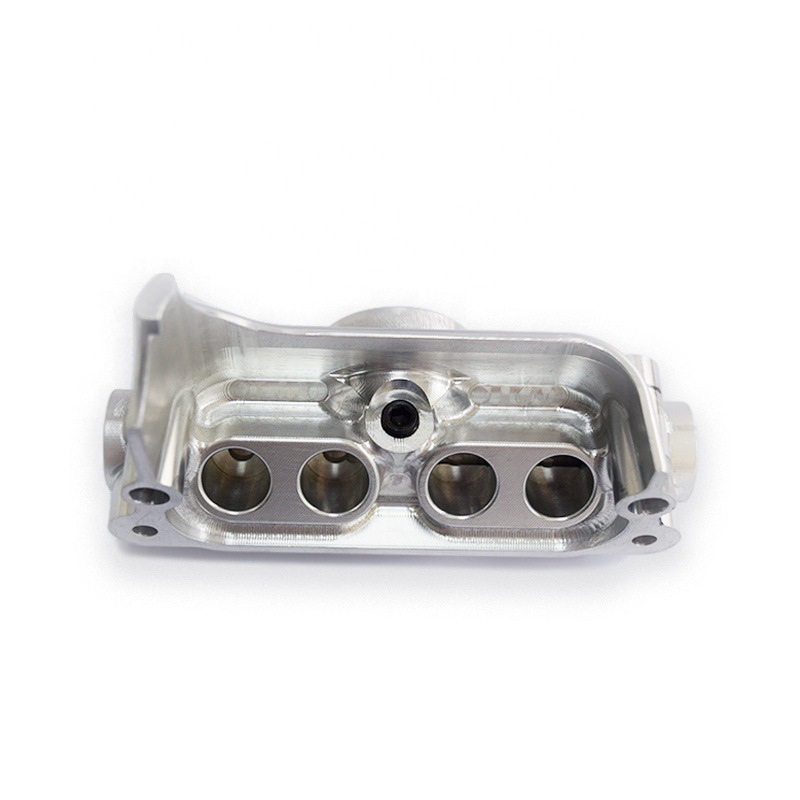Manufacturers often face a dilemma: choosing a mold steel that’s affordable enough for medium-volume production but durable enough to avoid frequent replacements. A mold that wears out too quickly eats into profits, while an overpriced high-performance steel wastes budget on unnecessary features. This is where P20 (1.2311) shines. As one of the most widely used plastic mold steels, P20 (1.2311) strikes a perfect balance between cost, machinability, and performance, solving the common pain points of mid-range production runs. In this guide, we’ll explore why P20 (1.2311) is a staple in mold making, its key properties, and how to maximize its effectiveness in your applications.
Introduction to P20 (1.2311) Steel
P20 (1.2311) is a pre-hardened plastic mold steel that has earned its reputation as a reliable workhorse in the industry:
- Definition: P20 is a chromium-molybdenum alloy steel designed specifically for plastic mold making. Its German equivalent, 1.2311, adheres to DIN standards, ensuring consistent quality across manufacturers.
- Standard specifications: P20 follows AISI (American Iron and Steel Institute) standards, while 1.2311 complies with DIN 17350. Both specify a pre-hardened hardness of 28-32 HRC, eliminating the need for post-machining heat treatment.
- Supplier brands: Major producers include SSAB (Sweden), ThyssenKrupp (Germany), and Baosteel (China). These brands maintain tight controls on chemical composition (0.35% carbon, 1.7% chromium, 0.4% molybdenum) to ensure uniform performance.
- Industry usage: P20 (1.2311) is used in over 60% of medium-volume plastic injection molds worldwide. Its popularity stems from its versatility—performing well in both general-purpose and moderately demanding applications.
- Comparison with other mold steels: Unlike cold work steels (e.g., D2) that prioritize wear resistance over machinability, or stainless steels (e.g., S136) that focus on corrosion resistance, P20 balances multiple properties at a mid-range price point. It costs 30-40% less than 718H (a higher-grade pre-hardened steel) while offering 80% of its performance in general applications.
Properties of P20 (1.2311) Steel
The properties of P20 (1.2311) make it ideal for medium-volume plastic molding, combining practical performance with ease of use:
- Hardness: At 28-32 HRC in its pre-hardened state, P20 offers sufficient wear resistance for non-abrasive plastics (e.g., polyethylene, polypropylene). This hardness level strikes a balance—hard enough to resist scratching but soft enough for easy machining.
- Toughness: P20’s toughness (20-25 J in Charpy impact tests) prevents cracking in molds with complex geometries, such as those with thin walls or sharp corners. This makes it more forgiving than brittle cold work steels.
- Wear resistance: While not as wear-resistant as D2 or DC53, P20 holds up well to non-filled plastics. In testing, it lasts 100,000-500,000 cycles for standard injection molding, which is sufficient for most medium-volume runs.
- Corrosion resistance: P20 offers moderate corrosion resistance, suitable for use with water-based coolants. However, it’s not recommended for aggressive mold release agents or humid environments without proper maintenance.
- Machinability: One of P20’s standout features is its excellent machinability. It can be cut, drilled, and milled at speeds up to 100 SFM with HSS tools, reducing production time by 15-20% compared to stainless steels.
- Thermal stability: P20 maintains its shape at temperatures up to 300°F (149°C), making it suitable for molding most thermoplastics. For higher-temperature materials (e.g., nylon), additional cooling channels are recommended to prevent warping.
Applications of P20 (1.2311) in Mold Making
P20 (1.2311) excels in a range of applications in mold making, particularly those requiring a balance of performance and cost:
- Injection molding: P20 is the go-to steel for 60-70% of injection molds producing consumer goods (e.g., toys, household items) and packaging. It handles polypropylene, polyethylene, and ABS plastics with ease, maintaining surface finish for 100,000+ cycles.
- Blow molding: For producing bottles, containers, and other hollow parts, P20’s toughness and machinability make it a top choice. Its moderate wear resistance suffices for low-abrasion materials like PET.
- Compression molding: In thermoset compression molding (e.g., phenolic resins), P20 performs well at moderate temperatures (up to 300°F), resisting the minor thermal stress involved.
- Automotive molds: P20 is used for non-cosmetic automotive parts like interior brackets and underhood components. It offers enough durability to handle the production volumes (50,000-200,000 units) typical for these parts.
- Consumer electronics molds: For internal components (e.g., phone chargers, cable housings) where surface finish is less critical, P20 provides a cost-effective solution. Its machinability allows for tight tolerances (±0.0005 inches) needed for precise fits.
Machining and Fabrication of P20 (1.2311)
Machining and fabrication of P20 (1.2311) are straightforward, thanks to its pre-hardened state and good machinability:
- Precision machining: P20 machines easily with both HSS and carbide tools. For roughing, cutting speeds of 80-100 SFM are recommended, while finishing operations (to achieve Ra 0.8 μm) use 60-80 SFM. This reduces tool wear and lowers production costs.
- CNC milling: 3-axis and 5-axis CNC milling are ideal for creating complex mold cavities. P20’s consistency ensures minimal tool deflection, maintaining tight tolerances even in deep pockets or thin walls.
- EDM (Electrical Discharge Machining): EDM works well for intricate details that are hard to mill, such as small ribs or texturing. P20’s uniform structure produces a smooth EDM finish with minimal recast layer (≤0.0001 inches).
- Grinding: Final grinding achieves flatness and dimensional accuracy. A resin-bonded aluminum oxide wheel is sufficient, with a feed rate of 10-15 inches per minute to avoid overheating.
- Drilling: P20 drills easily with standard twist drills. For cooling channels (a critical feature in injection molds), carbide drills with a 118° point angle produce clean holes with minimal burring.
- Surface finishing: For general-purpose molds, a 400-grit polish is sufficient. For better finishes (Ra 0.4 μm), progression to 600-grit sandpaper followed by buffing with aluminum oxide compound works well. P20 polishes more easily than cold work steels but not as smoothly as NAK80.
Heat Treatment and Hardening of P20 (1.2311)
While P20 (1.2311) is supplied pre-hardened, understanding its heat treatment can help optimize performance:
- Hardening process: P20 is typically supplied pre-hardened to 28-32 HRC, so most users don’t need to harden it. However, if additional hardness is required (e.g., for slightly abrasive plastics), it can be heated to 1550-1600°F (843-871°C), quenched in oil, and tempered to achieve 35-40 HRC.
- Tempering: If re-tempering after welding or machining, heat to 1000-1100°F (538-593°C) for 2 hours, then air cool. This relieves internal stresses without significantly reducing hardness.
- Quenching methods: Oil quenching is standard for P20, as it cools the steel evenly to prevent distortion. Water quenching is not recommended, as it increases the risk of cracking.
- Annealing: Annealing is rarely needed for P20, but if required (e.g., for heavy machining), heat to 1500-1550°F (815-845°C), hold for 2 hours, then cool slowly (≤50°F/hour) to 1000°F (538°C). This softens the steel to 180-200 HB for easier cutting.
- Surface treatment: For improved wear resistance, surface treatments like nitriding can be applied. Nitriding at 950°F (510°C) for 20-30 hours creates a hard surface layer (50-55 HRC), extending mold life by 30-40% in applications with mild abrasion.
- Post-treatment inspection: After any heat treatment, hardness testing (using a Rockwell C scale) ensures the steel meets the desired 28-32 HRC range. Magnetic particle inspection can detect cracks, especially after welding or quenching.
Yigu Technology’s Perspective
As a leading custom manufacturing supplier in China, Yigu Technology recommends P20 (1.2311) for clients with medium-volume production needs (50,000-500,000 cycles). Its balance of machinability and durability makes it a cost-effective choice for general plastic molds, reducing production time by 15% compared to harder steels. We often use P20 for automotive interior parts and consumer goods molds, where its performance meets requirements without the premium price of 718H. Our machining team appreciates its consistency, which ensures tight tolerances and reduces scrap rates. For clients new to mold making, P20 is an excellent starting point due to its forgiving properties and widespread availability.
FAQs
- How long does a P20 mold last in injection molding?
For non-abrasive plastics (e.g., PP, PE), a P20 mold typically lasts 100,000-500,000 cycles. For filled plastics (e.g., 10% glass-filled), life shortens to 50,000-100,000 cycles—consider cold work steels for higher wear resistance.
- Can P20 be welded if damaged?
Yes—P20 welds well with matching filler rods. Post-weld tempering at 1000°F (538°C) relieves stress and ensures the repaired area matches the base material’s hardness and toughness.
- Is P20 suitable for food-grade plastic molds?
P20 is not recommended for food-grade applications, as it lacks the corrosion resistance of stainless steels. Use S136 or 420 stainless steel instead, which meet FDA requirements for food contact.

